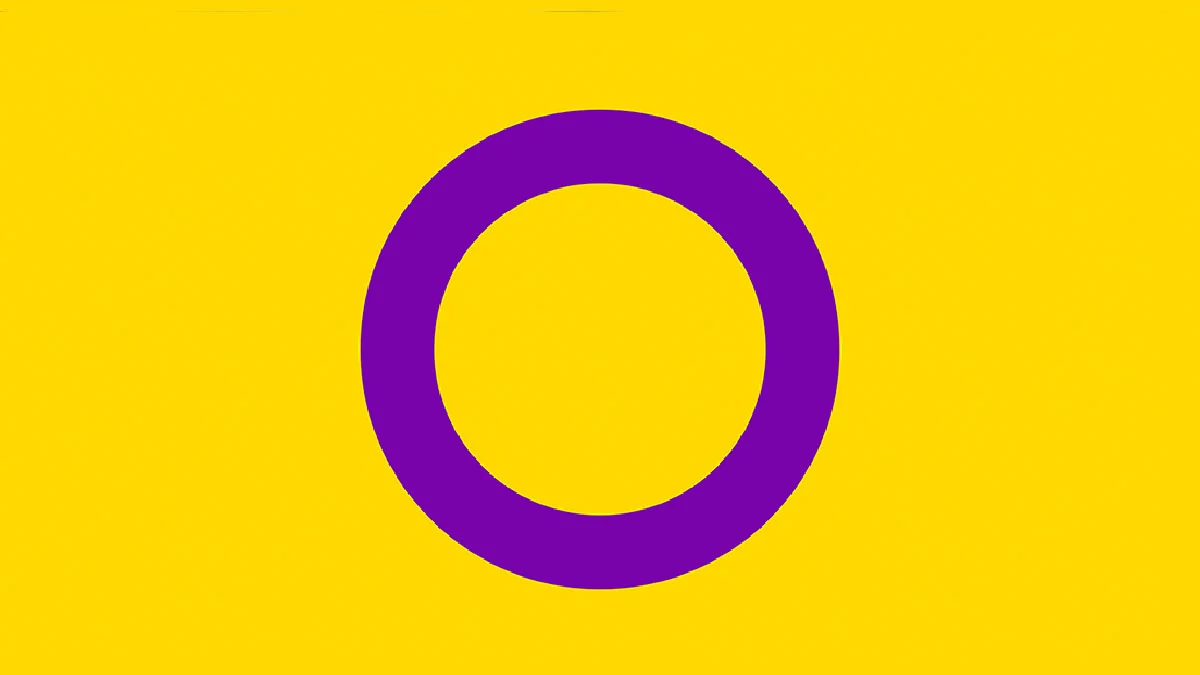
Chicago Protest Demands Informed Consent for Intersex Patients
Medically Unnecessary High-Risk Surgeries Should Stop.
This afternoon in Chicago, the Intersex Justice Project (IJP), a U.S-based advocacy group, is staging a protest outside the Ann & Robert H. Lurie Children’s Hospital, asking the institution to stop allowing medically unnecessary surgeries on intersex children when they are too young to consent.
Intersex people – whose chromosomes, gonads, and sex organs don’t match what is generally considered typically «female» or «male» – make up nearly two percent of the human population.
One reason why we hear so little about intersex people is that doctors often perform surgery on them when they are still infants to make their bodies appear more unambiguously «female» or «male». Some physicians argue that these irreversible and medically unnecessary interventions make it easier for kids to grow up «normal» and avoid bullying or harassment. They argue that surgery is a humane intervention for children who might otherwise struggle socially.
But there is no evidence the surgeries deliver on that promise of «fitting in», and the results are often catastrophic – including nerve damage, incontinence, and sterilisation. Also, it is rare that urgent health considerations require immediate, irreversible intervention.
That’s why medically unnecessary surgeries on intersex children have been condemned by the World Health Organization, three former U.S surgeons general, Physicians for Human Rights, United Nations human rights experts, and paediatrics bodies.
But the Lurie hospital’s website – like those of several other hospitals – advertises surgeries to “reduce the size of a large clitoris” and “help correct girls’ anatomy.”
Today’s protest will be live-streamed on Facebook and Instagram by Pidgeon Pagonis, one of IJP’s leaders who featured in a Human Rights Watch video on intersex rights.
Last year, IJP staged a similar demonstration to mark International Intersex Awareness Day. In anticipation of the protest, Lurie issued a friendly public statement, saying, «We are committed to open communication with the Intersex community and fully respect the diversity of opinions that exist in affected individuals». A leaked internal communiqué from the hospital struck a rather different note. In it, the hospital’s public-relations department described the protesters as advocates of «an extreme position on the issues related to intersex individuals».
The right to informed consent is not an extreme position.
Children’s hospitals should be places where diversity is celebrated – and no place for these dangerous, irreversible and unnecessary surgical procedures.







